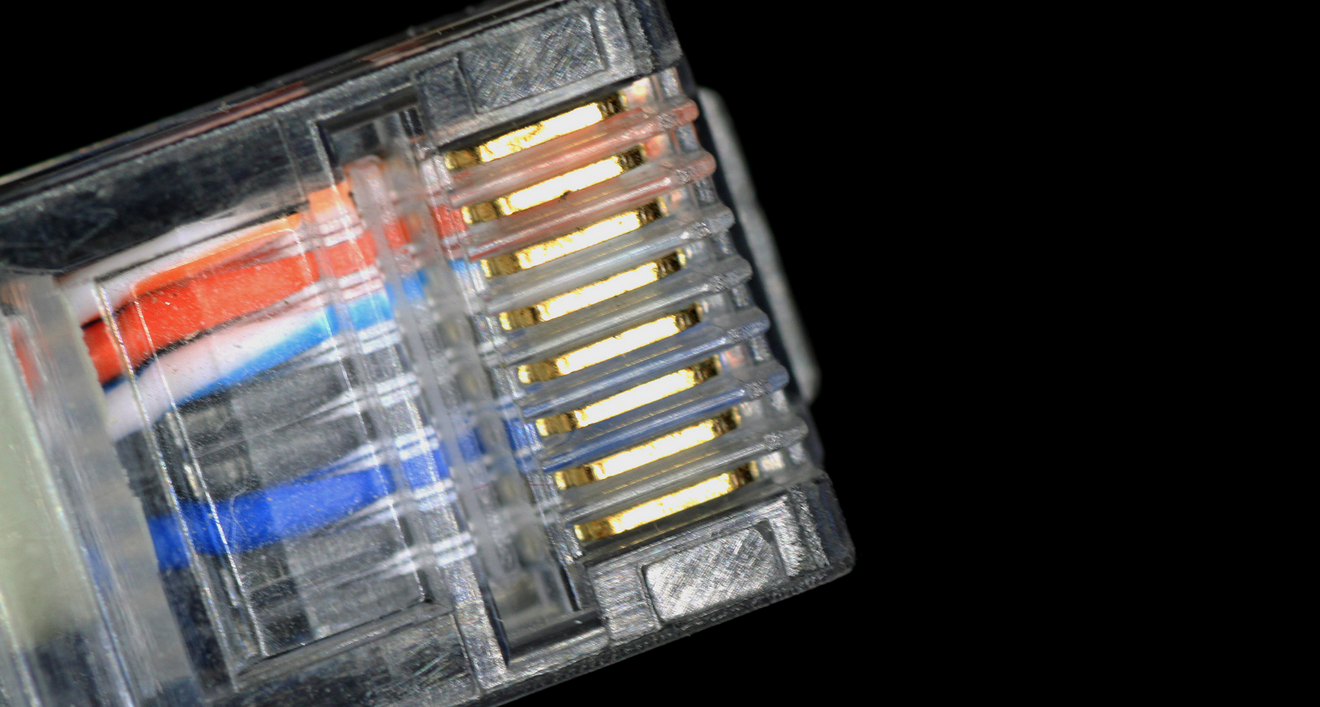You Know Who Made A Great Case Against Internet Fast Lanes? The FCC

(Allan)
Like someone fresh out of a bad relationship looking back longingly at old photos of a former loved one, the folks at ArsTechnica recently revisited the FCC’s 2010 Open Internet guidelines — which were gutted earlier this year by a federal appeals court — to see just how far the commission has turned away from what was once a clear position on net neutrality.
For those playing catch-up, the big problem with Wheeler’s new neutrality proposal is that it allows for so-called “fast lane” access, meaning an Internet service provider can charge a premium to a content company (like Netflix, Amazon, or anyone else) for better data delivery to its end users.
As we pointed out, this may take away any incentive for ISPs to make widely available improvements to their networks — a fact that the FCC acknowledged in 2010.
The old neutrality guidelines state that giving ISPs the ability to charge “edge providers” — those sites and services that devour bandwidth — for prioritized access to customers could incentivize broadband providers “to allow congestion rather than invest in expanding network capacity.”
“Broadband providers would be expected to set inefficiently high fees to edge providers because they receive the benefits of those fees but are unlikely to fully account for the detrimental impact on edge providers’ ability and incentive to innovate and invest,” wrote an FCC that actually believed in something resembling net neutrality.
The FCC also recognized that fast lanes would result in a sort of “arms race” between competing content companies, each trying to pay slightly more to ISPs for a competitive advantage over the other.
“If one edge provider pays for access or prioritized access to end users, subscribers may tend to favor that provider’s services, and competing edge providers may feel that they must respond by paying, too,” wrote the commission.
The FCC also beat us to the punch in pointing out that the fast lane fees paid by content companies would mean less money to spend on their own innovation, and would put up a barrier to entry for smaller startup ventures without sufficiently deep pockets.
And what about those content companies — like say, a consumer news site that takes no money from advertisers — that can’t or won’t pay for improved access? Once again, the FCC of 2010 looked into its crystal ball and saw doom.
“If broadband providers can profitably charge edge providers for prioritized access to end users, they will have an incentive to degrade or decline to increase the quality of the service they provide to non-prioritized traffic,” explains the FCC in a document that Wheeler probably didn’t get read through too carefully because he was daydreaming about his wonderful years as an executive in the wireless and pay-TV industries. “Even more damaging, broadband providers might withhold or decline to expand capacity in order to ‘squeeze’ non-prioritized traffic, a strategy that would increase the likelihood of network congestion and confront edge providers with a choice between accepting low-quality transmission or paying fees for prioritized access to end users.”
What a difference a few years make…
Want more consumer news? Visit our parent organization, Consumer Reports, for the latest on scams, recalls, and other consumer issues.

